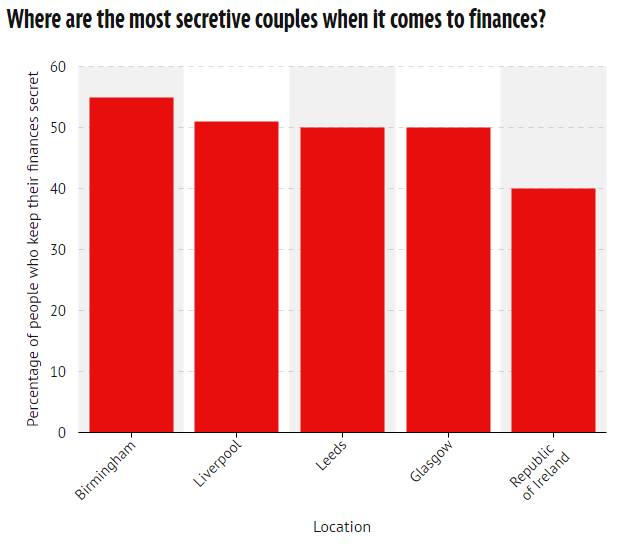We’ve all been there, or known someone who has.
Why do smart, compassionate, beautiful women find themselves pining after emotionally unavailable men?
For a while, I was the one my girlfriends always went to when they needed to vent about that one guy who never called them back. I’ve been texted at all hours with excited declarations like “he wants me to come over to watch a movie. It’s 2 am, but still!” And then, there’s the inevitable anguish when “he” doesn’t want a relationship.
I’ve heard all the stories. I know all the details. Year after year, it’s the same. And it’s heartbreaking. I know too many women who are being used for sex – and none of them are willing to admit it, until it’s too late.
It’s been said to ‘never take advice from some you wouldn’t want to trade places with.’ I’m not an expert, by any means. I am not some magical relationship fairy, who’s never made a bad decision. I have been in this situation myself, but it took me years after the fact to finally look back and admit it. If you want advice on learning how to see through manipulation before it’s too late, read on. The tips I’m about to share with you came from years of my own mistakes, and from watching my friends fall into the same traps year after year.
If a woman is looking for a relationship, why would anyone think it’s okay to manipulate her? Why do one-sided relationships drag on for months and months, until someone’s self-worth has been suffocated?
The honest answer: We may walk into these bad situations on accident, but we stay there on purpose.
Look, we live in the 21st Century. Mutual, no-strings attached, casual intercourse is totally okay. It’s also just fine for two people to start out on the same page, and change their minds later. You are entitled to end a relationship how and when you wish, and so is he. Everyone has the right to choose. But it is wrong to make the conscious decision to manipulate, coerce, or string someone along just for sex.
Men are not the only guilty parties here. Women use men for sex, as well. But for the purposes of this article, I’m taking aim at the most common scenario. Whether you are male or female, it is important to protect your heart and recognize your needs. Here’s how.
-
Ask yourself: What are my needs?
An emotionally healthy relationship requires having conversations that don’t always lead to sex. It requires two people who are there for each other, whether sex is a factor or not. Do you wish he’d take you out on dates? Are you hoping he’ll introduce you to his friends and family? Would you be happier if he shared more with you than just his body? All of us have needs, and you should take the time to define them for yourself.
-
Make your needs clear before sex is even brought up in conversation.
Millennials live in a social media-driven culture where we almost “compete” to see who is less attached and more “chill.” I’d go into the reasons behind this, but that’s a topic for another day. My point here is this: Once upon a time, it was completely normal to say “I’m interested in a relationship with you, and would love to take you out on a date.” Now, the boundaries between friendship, casual sex, and dating are a lot less clear. While it’s totally fine to want a casual relationship for sex, it’s not okay to pursue one with someone who wants more than that. If you’ve been burned in the past, recognize that every day is a new opportunity to change the pattern. You’re the captain of your own ship. Your well-being should not be left up to another person. Avoiding manipulation requires YOU making your intentions clear from the start.
-
Recognize red flags.
If he’s always unavailable on weekends, but he’ll call you at 11 pm on a Wednesday night to “hang out,” that’s a red flag. If you’ve made it clear you want a relationship, but he keeps ignoring the issue, that’s a red flag. If you’ve never meet his friends (or you’re introduced as merely his ‘friend’ if you do), that’s a red flag. If he goes days without answering your texts (unless it’s to set up a cozy Netflix and chill session), that’s a red flag. If he tells you that he’s not looking for anything serious…that’s THE sign it’s not happening.
…Do you see where I’m going with this?
-
Be honest with yourself.
All too often, we diminish our feelings to suit the person we’re hoping to impress. I know it can be difficult to assess the situation amid the endless butterflies and infatuated thoughts. But if you really examine the situation, it’s often pretty obvious when a guy is not down for commitment.
-
The only person you can change is you.
At this point, you may be thinking, “I’ll be the one to change his mind!” But I am here to tell you that it doesn’t work that way. If he changes his mind for you, it won’t be because you let him sleep with you, allowed him to repeatedly ignore you, and pretended that you don’t have needs. You deserve love and respect. And this requires loving and respecting yourself. If you want a relationship, and it’s clear that he doesn’t… your friend should find a new sex buddy and you should look for commitment elsewhere.
So – are you setting yourself up for heartbreak? Most of us already have the answers, we’re just too afraid to see them. No amount of calling your girlfriends, reading advice articles, or scrolling through his Instagram will give you the validation you need. You deserve to be honest with yourself, and to find a partner who is honest, too.

